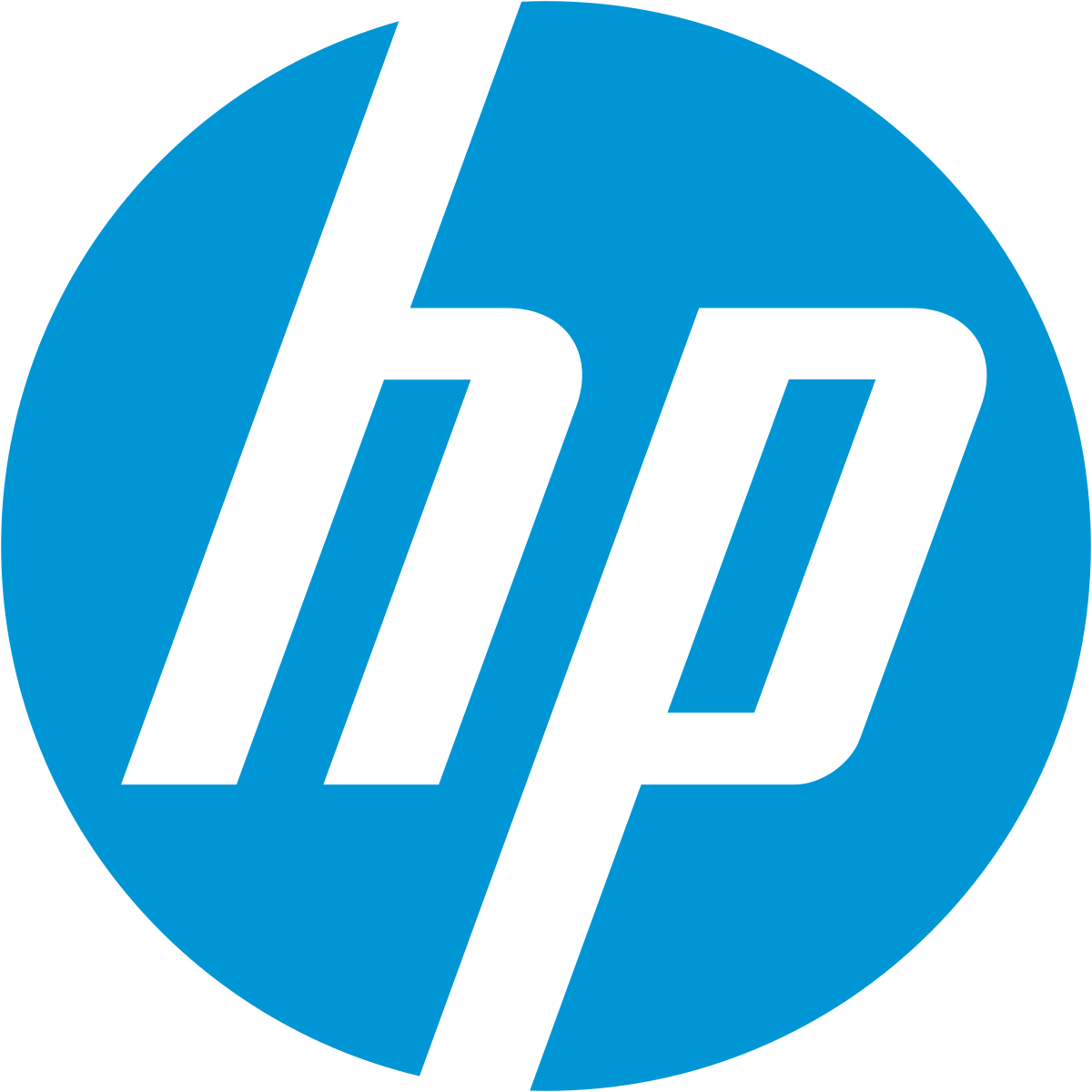Against All Odds, HP's New Recycling Washing Line Opens in Haiti
Through international cooperation and the grit of local workers, HP’s ocean-bound plastic recycling efforts expanded despite the pandemic and a tropical storm.

By Christina Nunez
When Tropical Storm Laura swept through Haiti last August, heavy rains and whipping winds pummeled a country that was already reeling from the pandemic and still rebuilding from the devastating earthquake that struck a decade ago. More than six million people live in poverty on the island, where HP, along with key NGOs, has been building a program to support local workers collecting ocean-bound plastic from beaches, waterways, and on land for recycling into new HP devices.
This year was pegged as a big expansion of that effort with the installation of a high-tech washing line at HP’s partner recycling facility Lavergne-Haiti, near Port-au-Prince, which would increase the amount of plastic processed while simultaneously boosting its value on the open market — bringing in much-needed income opportunities for local workers.
But 2020 had other plans.
The storm wiped out the bridge to a facility that supplies HP with recycled plastics, leaving a gaping, muddy expanse where the main route should have been. It was bad timing, and yet another setback, after work was delayed by the global COVID-19 shutdowns.
But the pandemic could not stop the washing line, and neither would Tropical Storm Laura. Too much lay at stake: Hundreds of local collectors depend on the facility for their livelihood, and the project’s partners had come too far in building this essential infrastructure to turn back.
Through a combination of innovation, persistence, and grit, a multinational team got the washing line job done, and it began operating in September.
“[We] were thrilled and breathed a tremendous sigh of relief,” says Ellen Jackowski, HP’s chief sustainability and social impact officer. “We had created a small miracle against all odds.”
A commitment in Haiti
In October, a virtual ribbon-cutting ceremony officially opened the new washing line — a moment years in the making. In 2016, HP committed to sourcing ocean-bound plastic from Haiti for use in products such as ink cartridges, consumer notebooks, and mobile workstations. With support from recycled plastic supplier Lavergne and material reclamation monitor First Mile and non-profit WORK, HP began to build a recycled plastics supply chain originating at the materials recovery facility, which is adjacent to Haiti’s Truitier landfill. So far, the effort has kept more than 1.7 million pounds of plastic materials, or more than 60 million bottles, out of the environment.
Diverting the tide of plastic waste in Haiti also means addressing a series of socioeconomic issues. In the absence of a formal garbage system, plastic is picked up by local collectors, many of them women supporting their families. “Relocating a portion of our supply chain and building a new business model in the poorest country in the Western Hemisphere comes with a unique set of challenges,” says Jackowski. HP invested in safety and sanitation improvements at Truitier to protect these workers, as well as provided school tuition and supplemental learning centers for the children of collectors.
Early on, it was clear that the plastic picked up from places like landfills, ditches, and canals needed additional processing. The material was being sent from the materials recovery facility, which is operated by Lavergne Haiti, formerly known as Environmental Cleaning Solutions S.A. (ECSSA), to the US for washing before heading to Lavergne in Montreal, where the cleaned, shredded plastic is formed into new products.
The $2 million washing line operated by Lavergne-Haiti — really a factory’s worth of equipment including machinery for sorting, pre-washing, and shredding — streamlines that process. Shredded plastic comes into the line, is washed with hot water and detergent, rinsed, and then spun dry. While that may sound simple, adding this step means collectors stand to make double what they were before, because of the plastic’s increased value. When at full capacity, the new system can also process far more plastic — an estimated 10 to 20 million pounds a year as compared with one to two million before, according to Dean Miller, program manager for recycling innovation at HP. This will add an estimated 1,000 more income opportunities for adults in Haiti on top of the 1,100 that have already been created.
The pandemic strikes
In early March, all the pieces were in place for the washing line upgrade. The equipment was in — 10 shipping containers’ worth — and the flights were booked for an expert crew from the US, Canada, and Germany to install it. Then COVID-19 hit.
“Here we were in the second week of March with the entire world shut down,” Miller explains. “If we wanted to get the equipment up and running, we were going to have to do something different.”
The pandemic has been a double-whammy for collectors in Haiti. The market for recycled plastics cratered as factories shut down; at the same time, the low cost of fossil fuel, which is used to make plastic, made virgin product even cheaper, making it hard to compete on price.
“It was urgent for collectors to have this washing line in place,” says Vivien Luk, executive director of WORK, which collaborates with HP to ensure the community’s needs are met at Truitier. “There was really no moment to waste here.”
As a stopgap, HP had committed to pre-purchasing plastic from the Haiti facility. But that left bags and bags filled with one million pounds of plastic waiting to be processed.

